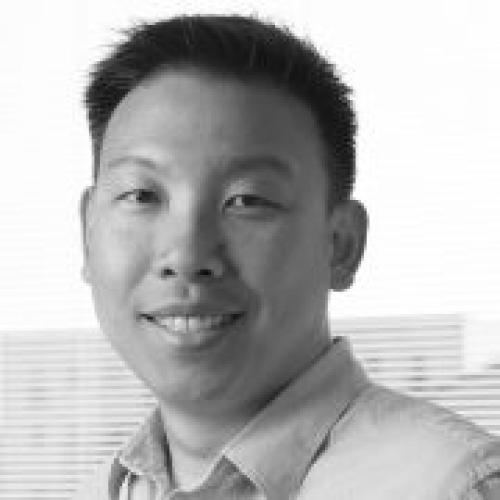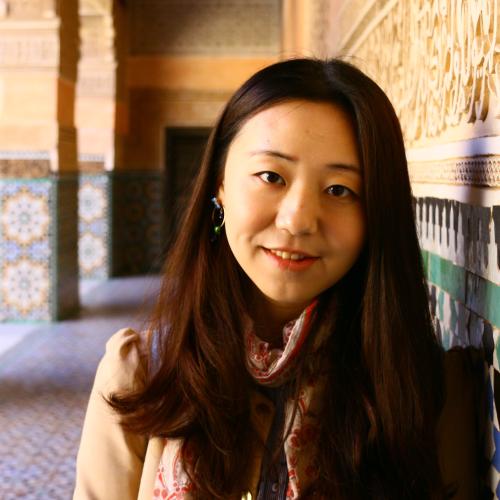Computer Science
- Computer Science at Corpus Fact File
-
Typical offer: A*A*A in A Levels (or equivalent). We may specify that an A* needs to be achieved in Mathematics and/or Further Mathematics.
Required subjects: Mathematics A Level (or equivalent). Further Mathematics is also required if offered by your school.
Typical number of Computer Science undergraduates admitted per year: 2-3
Submitted written work requirements: see our Written Work webpage
Admissions assessment: pre-registration assessment (TMUA)
- Computer Science at Cambridge
-
Computer science is a fast-moving field that brings together many disciplines, including mathematics, programming, engineering, the natural sciences, linguistics and psychology. The Cambridge course provides you with a skill-set that is highly prized in industry and for academic research. The course covers all aspects of modern computer science, ranging from programming languages and theory to hardware, data science, and artificial intelligence. A fourth-year option (Part III) is also available to those who wish to continue their study and who do sufficiently well in their first three years. The Computer Science faculty in Cambridge is known as the Computer Laboratory, which is located in the William Gates Building in West Cambridge. Second- and third-year lectures take place in this building.
Find out more about the structure of the Computer Science course on the University's Computer Science webpage.
- Why study Computer Science at Corpus?
-
Corpus offers excellent teaching and a convenient location for computer scientists. The College is adjacent to the New Museums Site, where first-year lectures are held.
Former Computer Science students from Corpus have gone on to various successful careers, including working on popular software such as Mozilla Firefox, starting technology companies, or becoming a university lecturer.
- What do we look for in applicants?
-
Computer Science is a very mathematical course, so we are looking for applicants who show a strong aptitude for mathematical problem solving. Past academic achievement in relevant STEM subjects, a strong TMUA score and ability to engage with challenging new problems in the interviews are qualities that strong applicants typically show.
While deferred entry is not actively encouraged, it can be a good idea for some, particularly if the time is spent on relevant work experience. An ideal placement would involve software development at a technology company, or a research project at a lab or university. Extending a summer studentship for a whole year can be extremely worthwhile, and many larger companies may offer sponsorships to their ‘gap year’ students. However, although such a placement can be valuable, prior professional programming experience is not a prerequisite for studying Computer Science.
- Super-curricular resources
-
- Computer Science applicants are encouraged to spend time practising challenging problems outside the school curriculum. There are lots of great online resources where you can find new problems, for example Ada Computer Science, IsaacPhysics and IsaacComputerScience.
- Journals and magazines can introduce you to new ideas which you can then follow up on independently. Try New Scientist and MIT Technology Review as a starting point.
- Participating in competitions such as UKMT is a great way to work on challenging and unfamiliar problems.


